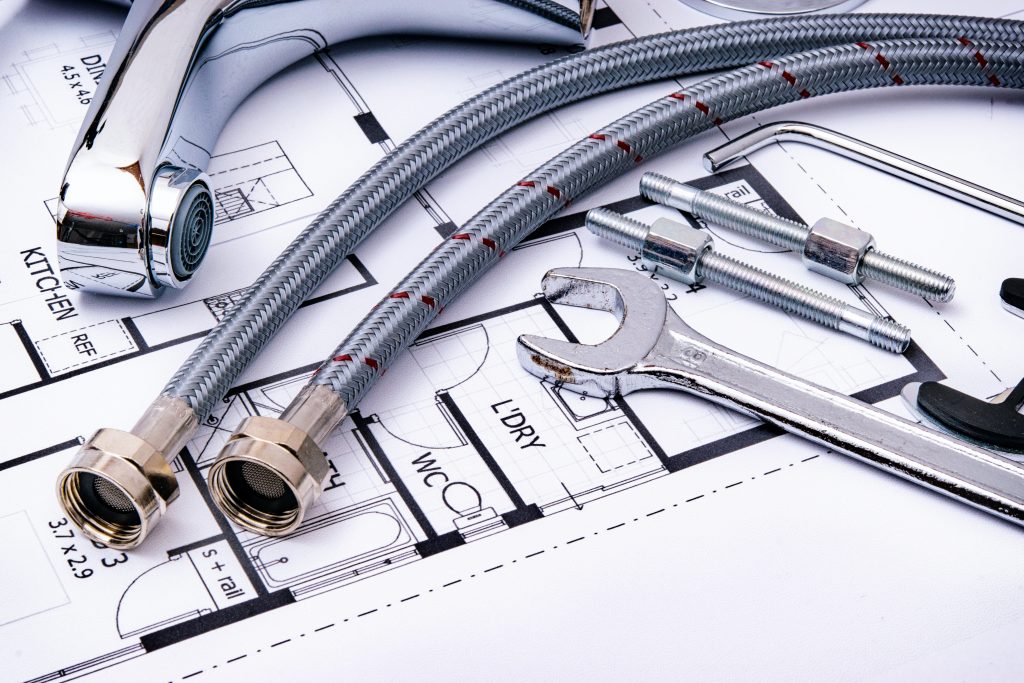
When most people think of plumbers, they picture someone fixing a leaky faucet or unclogging a drain. While those are certainly part of the job, plumbing is a much broader and more complex profession than many realize. Behind the scenes, plumbers are essential to keeping our homes, businesses, and cities functioning safely and efficiently.
In this article, we take a closer look at what plumbers really do—from the tools they use to the systems they maintain—and why their work is vital in our everyday lives.
The Basics: What Plumbers Are Responsible For
At its core, plumbing is all about the safe delivery of water, the efficient removal of waste, and the management of gas systems. A licensed plumber is trained to install, repair, and maintain:
- Water supply systems (for drinking, bathing, cooking, and cleaning)
- Drainage systems (for sewage and wastewater)
- Gas lines (for heating, cooking, and appliances)
- Irrigation systems (for lawns and landscaping)
- Fixtures and appliances (like sinks, toilets, water heaters, and dishwashers)
Plumbers work in residential, commercial, and industrial settings, and no two days on the job are ever quite the same.
Installation and New Construction
When a new home, office, or commercial building is under construction, plumbers are some of the first tradespeople on site. They design and install all the necessary piping, fixtures, and drainage systems before the walls are even up.
Tasks include:
- Reading and interpreting blueprints and building codes
- Installing supply and waste lines
- Connecting appliances to water and gas
- Testing systems to ensure proper flow and safety
Proper installation is critical—poor planning at this stage can lead to costly fixes and water damage down the line.
Repairs and Maintenance
This is what most people associate with plumbers: showing up when something goes wrong. But good plumbers do more than just respond to emergencies—they also help prevent them.
Common repair and maintenance jobs:
- Fixing leaks in pipes or faucets
- Clearing clogged drains and sewer lines
- Replacing broken toilets, sinks, or tubs
- Servicing water heaters
- Detecting hidden leaks using pressure tests or thermal imaging
Regular maintenance not only keeps things running smoothly, but also extends the life of plumbing systems and helps avoid larger repairs.
Emergency Services
Plumbing emergencies can cause significant property damage fast—whether it’s a burst pipe, overflowing toilet, or broken water heater. That’s why many plumbers offer 24/7 emergency services.
In emergencies, plumbers:
- Shut off water or gas to prevent further damage
- Locate and repair the source of the issue
- Help restore service and clean up
A reliable plumber can literally save the day when disaster strikes.
Specialized Areas of Plumbing
Not all plumbers do the same work. Many specialize in different areas of the trade:
- Residential plumbers focus on homes, apartments, and small buildings.
- Commercial plumbers deal with larger systems in offices, schools, malls, and factories.
- Service and repair plumbers specialize in diagnostics and on-the-spot fixes.
- Pipefitters and steamfitters work with high-pressure systems, often in industrial settings.
- Gasfitters install and service gas piping systems and appliances.
These roles may require additional certifications, licenses, or training depending on local regulations.
Tools and Technology
Modern plumbing isn’t just wrenches and plungers. Today’s plumbers often use:
- Pipe cameras to inspect clogs and damage
- Hydro jetting equipment to clear stubborn blockages
- Thermal imaging to locate leaks behind walls
- Pipe locators and pressure gauges
- Digital apps and scheduling tools for project management
Technology is transforming how plumbers diagnose issues and communicate with customers.
Plumbers and Building Codes
One of a plumber’s most important responsibilities is ensuring that all work meets local plumbing codes and safety standards. Code violations can lead to unsafe conditions, failed inspections, and legal trouble for homeowners or contractors.
Plumbers stay up-to-date with evolving regulations and often pull permits for large projects to ensure everything is up to code.
Why the Work of Plumbers Matters
Plumbers play a vital role in:
- Protecting public health by ensuring clean water and proper waste disposal
- Preventing water waste and conserving energy
- Maintaining sanitation systems in homes and cities
- Supporting the infrastructure of modern life—quietly, behind the scenes
Without skilled plumbers, the systems we rely on daily would break down, and the risks to health and property would rise significantly.
Conclusion
Plumbing is a skilled and demanding trade that goes far beyond basic repairs. From complex installations to emergency troubleshooting, plumbers ensure the systems that keep our homes and businesses running operate safely and efficiently.
The next time you turn on the tap, take a hot shower, or flush the toilet, remember: there’s a professional behind the scenes who made it all work—and keeps it working.
